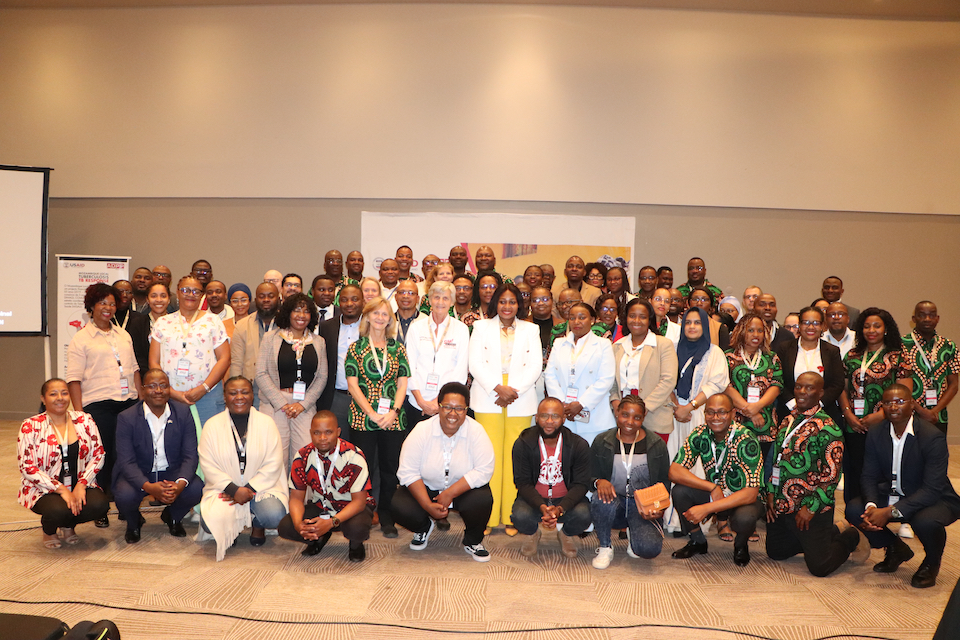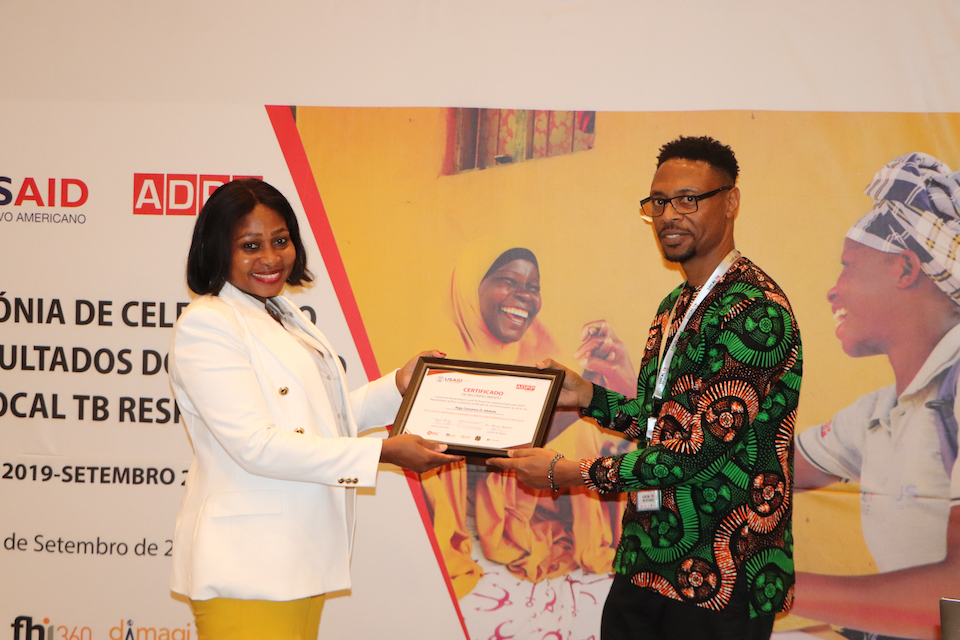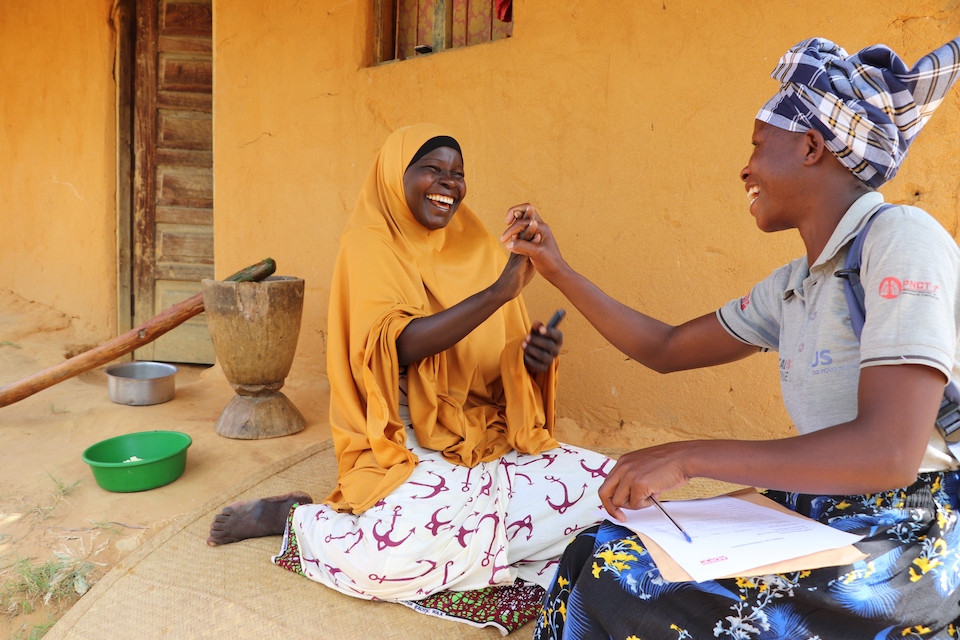Over the last five years (2019-2024), the Mozambique Local TB Response (LTBR) project, funded by the United States Agency for International Development (USAID) with a budget of 25 million dollars, has made significant progress in improving TB detection, diagnosis and treatment in 50 districts in the provinces of Nampula, Zambézia, Sofala and Tete, for a target population of 13.6 million people, corresponding to 68% of the total number of inhabitants.

Implemented by a consortium led by ADPP, in partnership with FHI360, Dimagi, ComuSanas and Kupulumussanas, and in close collaboration with the National Tuberculosis Control Programme (PNCT) of the Ministry of Health (MISAU), the LTBR project has succeeded in significantly expanding the notification of TB and multidrug-resistant TB (MDR-TB) cases, as well as improving the quality of healthcare and access to medicines for patients.
At the ceremony celebrating the results, the project's technical director, Algy Cassamo, emphasised the project's success in increasing the notification and active detection of TB cases, strengthening the diagnostic network and building the capacity of local entities in the response to the disease. The project reached 6,403,980 people with educational messages about TB, screened 6,421,685 individuals (including children under 5), notified and treated 108,242 TB patients, including 1,018 cases of MDR-TB. Of all those notified and treated, 10,547 were children.
In another development, Algy Cassamo pointed out that, through agreements with the Provincial Health Directorates, the LTBR has maintained and improved infrastructure in more than 20 health units, including the installation of equipment such as 5 digital X-ray machines and 50 iLED microscopes, as well as providing motorbikes, computers and other essential materials.

USAID representative Amos Matarusse emphasised that the official closure of the LTBR represents a milestone in Mozambique's ongoing effort to eliminate TB. ‘The results presented today reflect the success of the interventions in the four provinces, in line with the trajectory of USAID-funded projects since 2005, such as TB CAP, TB CARE I, Challenge TB and now LTBR.’
The Director of the National Tuberculosis Control Programme, Benedita José, highlighted the importance of LTBR in achieving the goal of eliminating tuberculosis by 2030, as set by the World Health Organisation (WHO). ‘This project was a significant advance in our health system's ability to respond to TB effectively. LTBR supported the use of new tools and technologies, such as GeneXpert, the use of non-invasive samples for TB diagnosis and digital platforms, strengthening our ability to generate evidence and improve interventions,’ he said.

Virgílio Mubai, from the ComuSanas Association, who represented the members of the consortium, expressed his satisfaction with the results achieved. ‘The LTBR project has made it possible to consolidate community approaches and strengthen the capacities of Peripheral Health Units in the fight against TB, creating a solid basis for continuing this fight in communities and health units.’
At the end of the ceremony, the USAID representative announced that USAID will continue to support the fight against tuberculosis with the implementation of a new project, called FORTE (Fostering Opportunities to Respond to the TB Epidemic), which is already in the initial stages of being set up.

